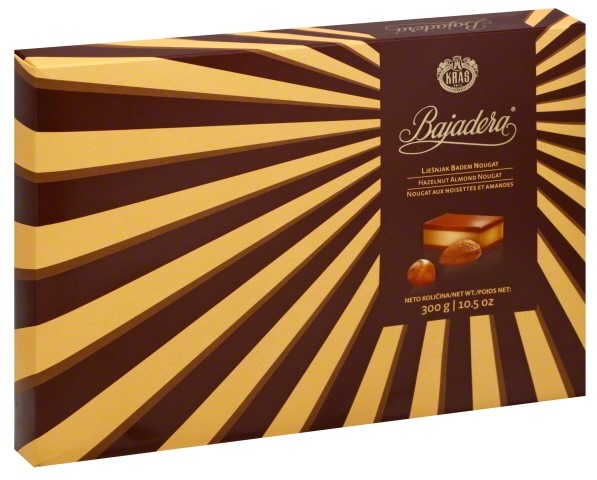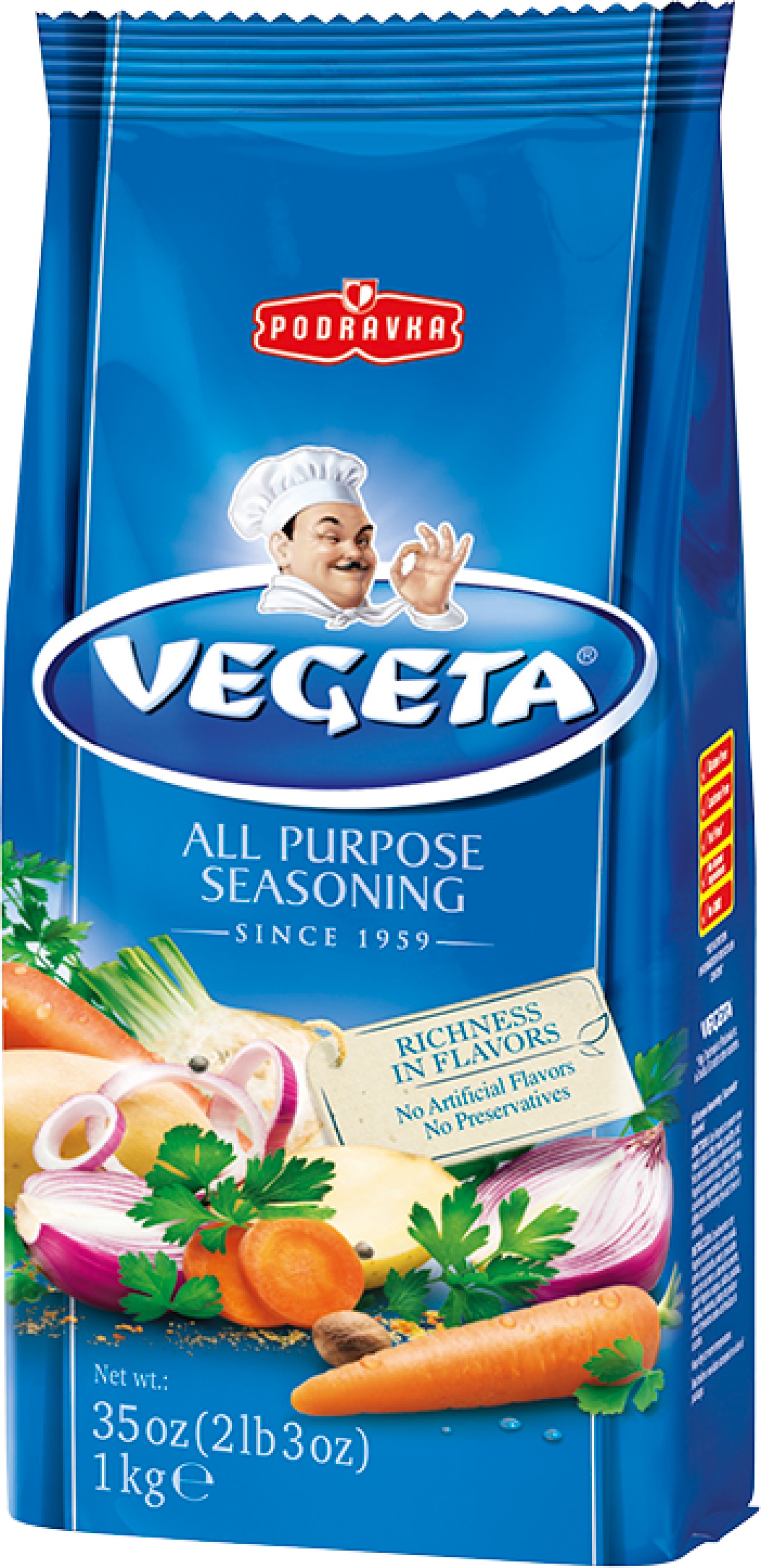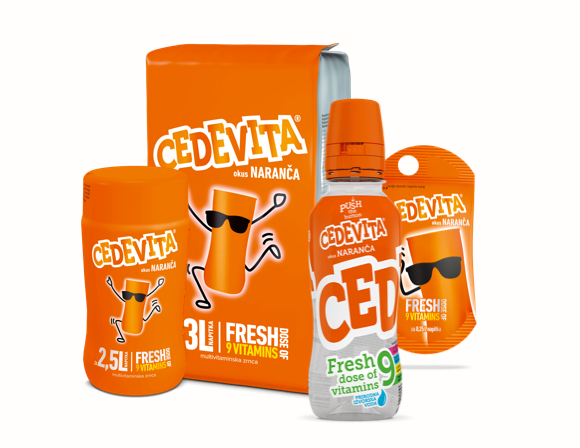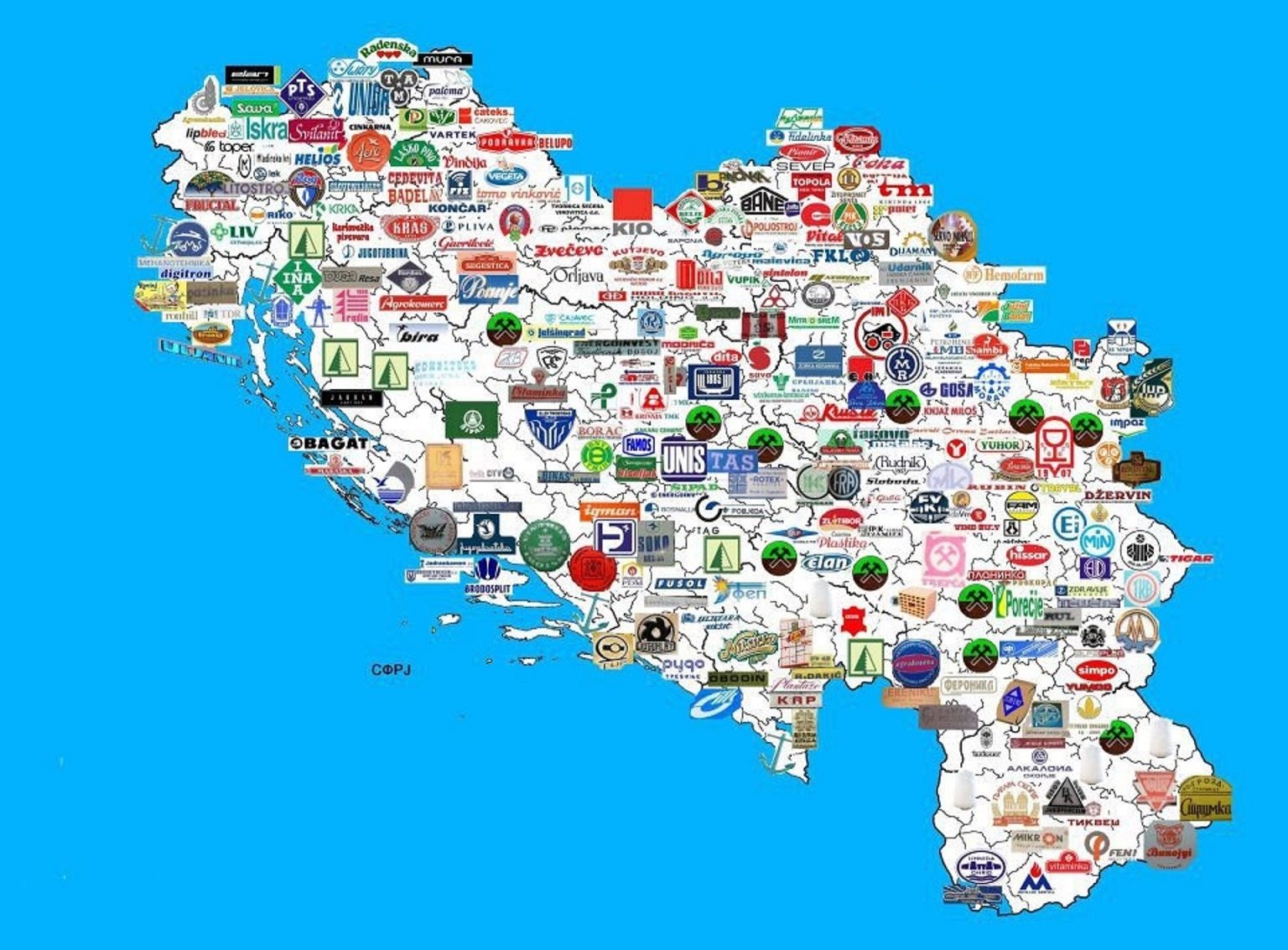Vindija Board Chairman and CEO Dragutin Drk Dies at Age of 83
ZAGREB, 8 February, 2021 - The CEO and owner of the Varaždin-based Vindija food company, Dragutin Drk, died in Varaždin on Monday at the age of 83, Vindija said on Monday afternoon.
Drk, born on 25 September 1937 in Varaždin, in 1961 started working at the town dairy which later changed its name to Vindija. In 1965, he became the executive manager of the company and led it until his death. The name Vindija was taken in 1970 and it derives from the nearby cave in Donja Voća in the vicinity of Varaždin, one of the oldest sites of the Early Man in the world, the company said on its website.
In the early 1990s, during ownership transformation, Drk became a majority owner of this food group. "Since 1993, the company’s strategic aim has been its expansion and development, and the most significant expansion happened in 1993 when Koka meat industry and Latica bakery joined the business system. Since then, Vindija has become a business system that encompasses multiple companies from the broad spectrum of the food industry," according to information provided on the group's website.
Drk was at the helm of Vidnija for more than 50 years.
He was engaged in local politics and was a councillor of the Croatian Democratic Union (HDZ) from 1993 to 1996 and Varaždin Deputy Mayor from 1997 to 2000.
The Croatian Employers Association (HUP) said in a message of condolence that Drk was one of the most prominent businessmen in the country.
Letters of condolence were also sent by Prime Minister Andrej Plenković and Parliament Speaker Gordan Jandroković, who praised Drk for being a visionary and determined leader who left his mark on the Croatian economy.
Strongest Croatian Brands Survived and Succeeded After Independence
January 4, 2020 – A map showing production across the former Yugoslavia details the sustained prosperity of many Croatian favourites as some of the strongest Croatian brands are shown not only to have survived but have succeeded following independence
Media across Croatia, Bosnia and Serbia have surprised younger readers and reminded older readers with the publication of a map detailing production in the former Yugoslavia. While this trip down memory lane has caused a range of reactions across the countries of the former republic, looking at the map from a purely Croatian perspective gives some enlightening information. Namely, many of the strongest Croatian brands visible on the map are recognisable today. Some of the strongest Croatian brands not only survived independence but have since grown.
Bajadera - one of the most popular products made by Zagreb-based chocolate and confectionery manufacturers Kraš
Zagreb-based chocolate and confectionery manufacturers Kraš, Požega-based confectionery and drinks manufacturers Zvečevo, oil company INA, Koprivnica-based food company Podravka and Koprivnica-based pharmaceuticals company Belupo, vitamin drink Cedevita, Varaždin-based food company Vindija, Vukovar shoemakers Borovo, Varaždin clothes designers and manufacturers Varteks and multi-use condiment Vegeta are just some of the strongest Croatian brands that are present on the map. You are still likely to see these brand names on many Croatian high streets. Some have succeeded in reaching further into international markets since Croatian independence. Croatian-made condiment Vegeta is sold all over the world
Croatian-made condiment Vegeta is sold all over the world
Of course, not every brand visible on the map of Yugoslavia production has fared so well. In their coverage of the map, Ri.portal reminds that “Some of the Yugoslav products were used by literally the whole world - ships, cars, planes, trucks, weapons and even computers were produced... However, many of these companies no longer exist or are bankrupt.”
In their coverage of the map, Bosnian website Klix reminds that Croatian shipyards Uljanik in Pula and 3 Maj in Rijeka were at world level and produced large ships for customers from all over the world. Split-based shipyard Brodosplit, which can also be seen on the map, survives to this day.
Croatian vitamin drink Cedevita comes in a range of flavours
Ri.portal goes on to remember that Yugoslavia was one of only five countries in Europe at the time that manufactured its own computers. “Probably the most famous is the Galaxy, while the first computer produced was the CER-10,” they say. One of the Yugoslav computer makers on the map, popular in the late 1970s, was Digitron, based in Buje in Istria.
Sadly, not all of the strongest Croatian brands have made it until today. Famous tractor and agriculture equipment manufacturer Tomo Vinković of Bjelovar is no longer in production. Their famously-reliable machines are much in-demand on the secondhand market. Two new tractor manufacturers, Hittner doo and the Prima tractor factory still make tractors in Bjelovar.
Vindija Opens New Turkey Farm Worth 7.4 Million Euro
This new investment in domestic production is set to increase Vindija's overall production capacity.
Clouds With Silver Linings: Success Stories of Most Powerful Croatian Brands
Just how did branding help some of the most powerful and recognisable Croatian labels develop cult-like status on the global market?
Vindija First in Croatia with GMO-Free Certificate for Fresh Chicken
Identification “5 HR” on Cekin fresh chicken products confirms that the entire process of hatching, growing and processing takes place in Croatia, and that poultry is fed only with food produced in Croatia.
Agriculture Minister Tolušić Visits Vindija: Strict Safety and Quality Controls for Chicken from Farm to Table
The company applies highest health and sanitary standards in all aspects of production of high-quality chicken meat.


